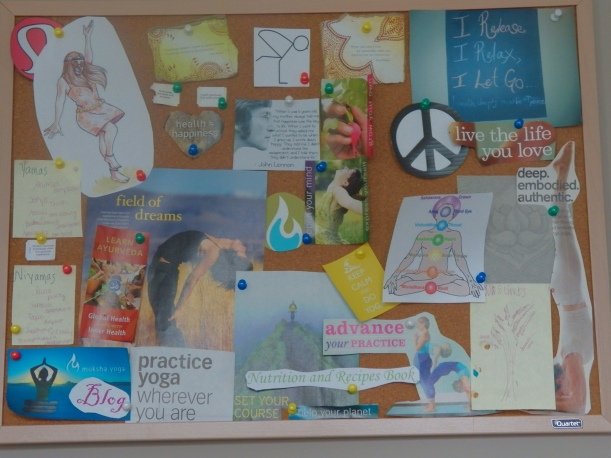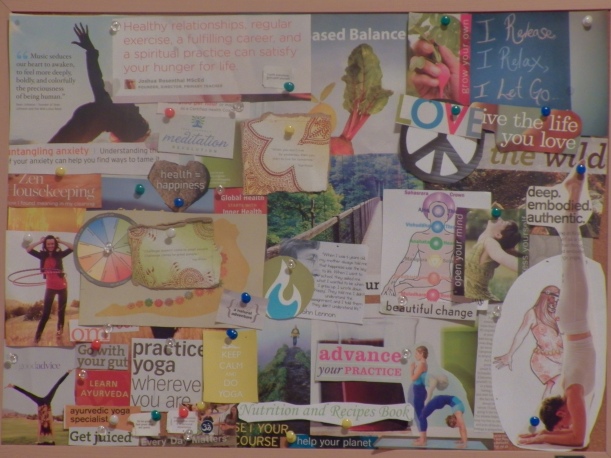 If you are an SLP, you might feel like the good parts of your day are far and few between, and that they are outweighed heavily by the harder, draining, and “bad” parts of your daily work. It has nothing to do with patients or students (usually), and often has more to do with the stress that comes from the other aspects of your work – more emphasis on direct vs indirect therapy services, ever-changing paperwork and protocols for billing, less and less control over your caseload and schedule, and being “on” for 40 hours a week.
If you are an SLP, you might feel like the good parts of your day are far and few between, and that they are outweighed heavily by the harder, draining, and “bad” parts of your daily work. It has nothing to do with patients or students (usually), and often has more to do with the stress that comes from the other aspects of your work – more emphasis on direct vs indirect therapy services, ever-changing paperwork and protocols for billing, less and less control over your caseload and schedule, and being “on” for 40 hours a week.
These things can often leave you feeling drained, exhausted (mentally and physically), and sometimes you might even feel anxious about the week ahead or dread going to work the next day. They also often have nothing to do with why you became an SLP in the first place, or the joy and passion you once had for your career.
When you start to feel this way, you are often overloaded with stressors that pile up each day, either because there are so many or because you have no way to manage them properly. This can lead to chronic stress and burn out. Your brain gets stuck in a pattern of being on the lookout for stress and then creating more stress because of it. It keeps you focused on what is not working each day, rather than noticing the things that are working. This is what you need to switch to feel less drained and exhausted as an SLP.
To create a shift in your brains patterns, and start routinely noticing things that are working and going well, you can do practices that create and cultivate more positivity in your day. This doesn’t mean you have to change jobs to one with less demands or overhaul your daily schedule – these things often can’t be changed and would come with a new set of stress if you did. Instead, you practice looking for the positive, and noticing moments that otherwise might go unnoticed, so you shift your attention to what is working for you, putting your energy, time, and thoughts into those things.
One simple way to do this is to create more gratitude through a journaling practice. Gratitude journaling helps you to shift out of the negative stress cycle in your brain and into a place where you are cultivating more positivity.
Gratitude Journaling Benefits:
- Notice what is working each day
- Shifts your brain patterns to notice more good moments
- End/Begin the day on a positive note
- Gives you a break in the day
Research in the field of Positive Psychology has shown that it takes 3 positive moments to make up for 1 negative interaction, and that if we end a moment or event on a positive note, the entire thing seems more positive. This is how your brain starts to shift and more “good” moments start to happen in your day, reducing your overall feelings of stress. This can be key to helping you feel less drained and exhausted as an SLP.
How to Gratitude Journal:
- Write down 3 good things from your day
- They can be small or big
- Do this at a set times each day
- Morning to set your intention for the day
- After work to transition from work to home
- Evening to end the day on a positive note
- Aim for 5-7 days a week
Once you get started, you can do this most days each week, either in the morning, end of your work day or right before bed, to help you train your brain to notice what works, not just what doesn’t. When things do feel stressful, you’ll also have a journal full of good things that have happened on a daily bass, to help you shift back into a more positive state. It doesn’t mean you ignore the hard times, but that you are able to rebound from them easier and are less affected by them.
If you are looking for more ways to start a Gratitude Practice, make sure to join the SLP Toolbox, a free resource center for SLPs, where you’ll find printable Gratitude Journal templates, as well as meditation, self-care checklists and other stress-reducing resources designed specifically for SLPs.
You can access them by signing up below (plus you’ll get a free 7-day Stress Less Challenge sent straight to your inbox).
Much Love,
![]()










